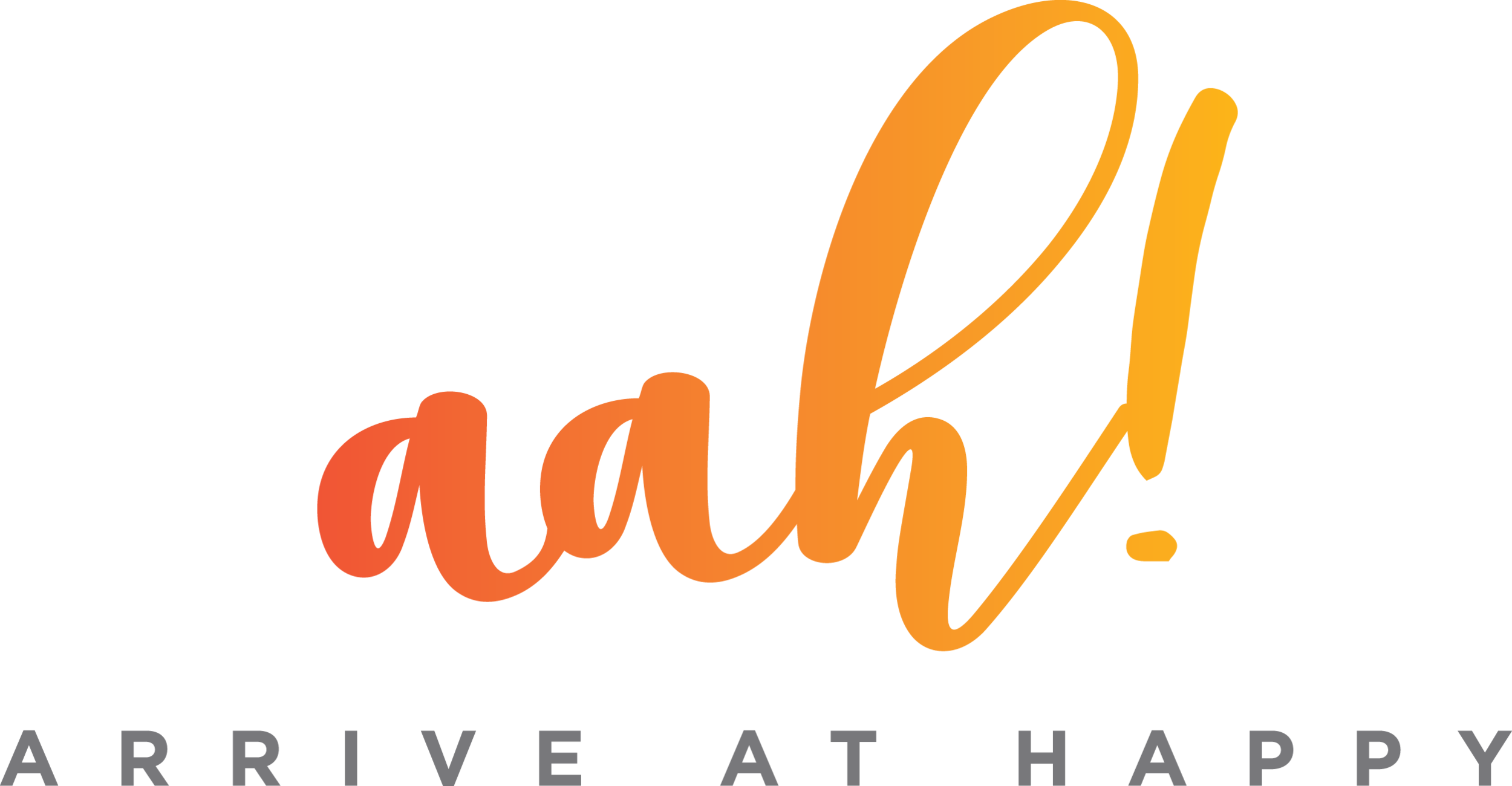How to Relieve Stress
On a scale of one to 10, how stressed are you right now? How much stress do you have in your body? How much stress do you have in your mind? And we all have stress. So, what I want to give you is my methodology with a combination of neuroscience and positive psychology for how you can relieve stress. And I hope that this serves you for the long-term. So, the first thing I want you to know is that stress is not the enemy. You can handle stress. Humans have had stress forever. What we've gotten progressively worse at is recovering from stress. And also, we think that stress is all negative and that's just not true. There are actually a lot of benefits to stress. For example, stress can increase your motivation. Stress can make you more focused and more productive. And stress with short periods can actually strengthen your immune system. There's an upside to stress.
The negative side is when it's chronic and it goes for a really long time unchecked. So when you're feeling stressed, I want you to, first of all, remember that it's not negative, that there's an upside, and that according to the neuroscience research, your perception of stress really matters. So step one, when you're starting to feel stressed, I want you to change your mindset and say, "I am being stretched right now." And just that reframe is so powerful, okay? Step one, I'm being stretched. You're being pushed. You're being pulled. But guess what? You can handle it. The second step is I want you to feel it in your body, okay? Your mind and your body are always connected. So, I want you to just pause and see where do you feel that stress in your body. The third thing I want you to do is slow down your breath, and I recommend a four-count breath. Breathe in for four, hold for four, and release for four. And just do that four-count breath several times to just increase your feeling of calm, okay?
Step four is I want you to have some micro-stress recovery tools that work for you. So, what are some micro-stress recovery tools? One could be meditation. Another could be going for a walk. You could stretch. You could call a friend and ask them to make you laugh. You can get up, drink some water, listen to music. Okay. These are examples of micro-stress recovery tools that you have and you can use, things you can do in five or 10 minutes to recover from maybe that stressful morning or recover from that stressful phone call. And also step five is you can always talk about it to your friends, or to colleagues, to your family, and you can journal about it. When we are having painful emotions, when we're having difficult emotions, the research shows that when we share what's going on and when we journal about how we're feeling and what's going on in our mind and our body, it is going to help us tremendously.
So, I hope this video helps you the next time you're feeling stressed. And I want you to remember there's an upside and focus on stress recovery. If you like this video, subscribe to my YouTube channel. There's a new video every single Friday at 10:00 AM Pacific for ways to increase your happiness and wellbeing and ways to boost your employee morale and your team motivation.
